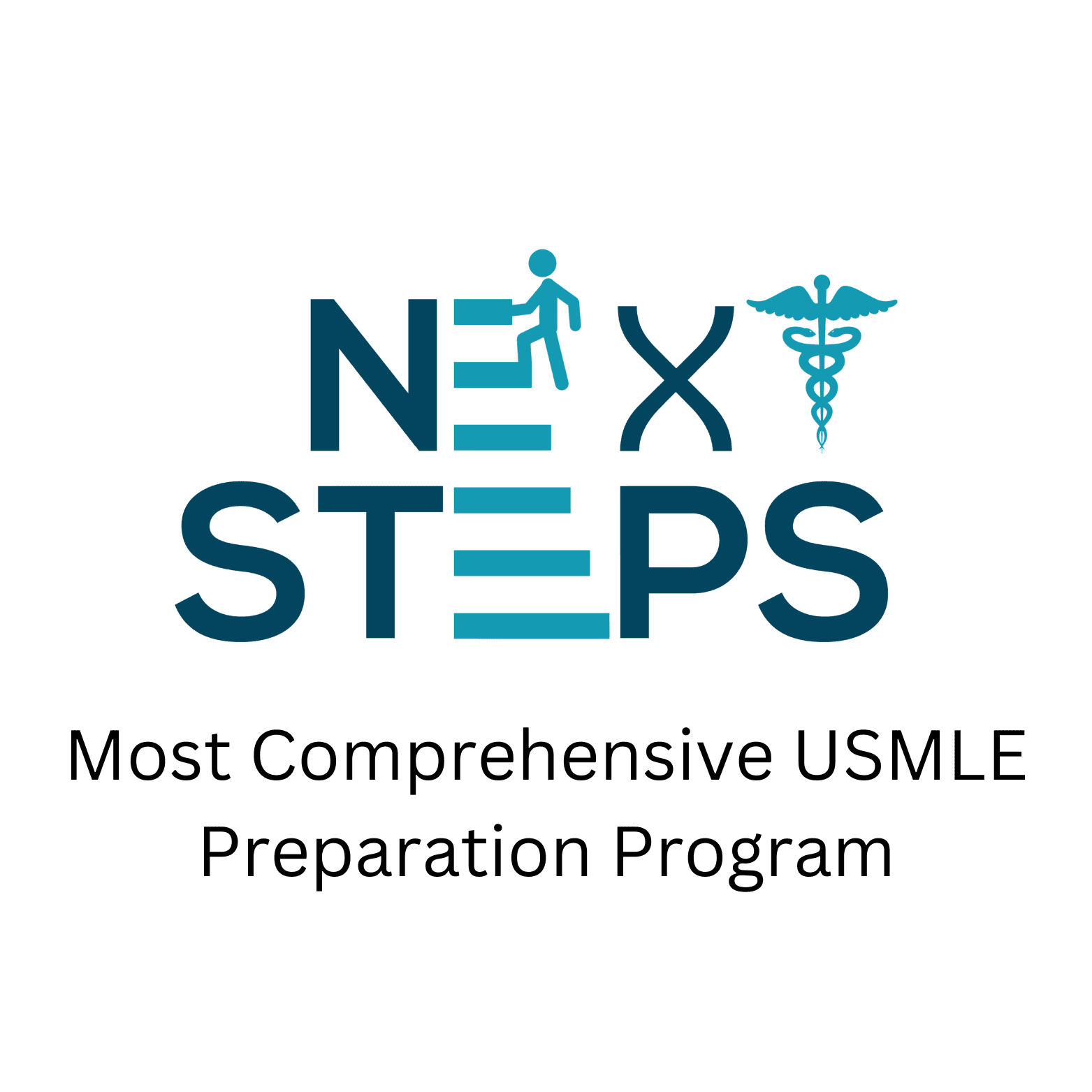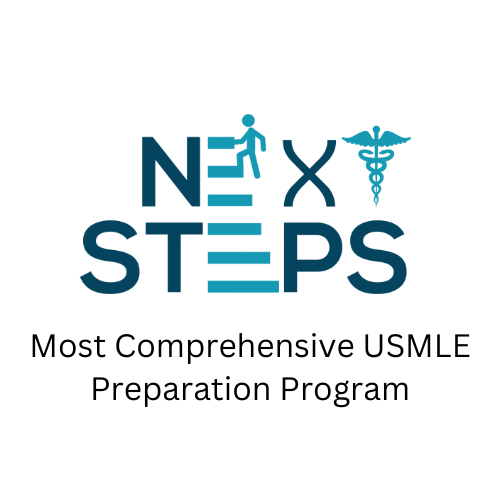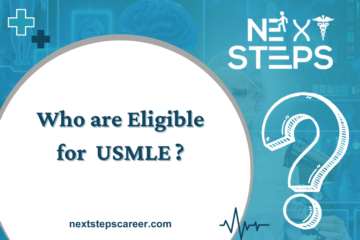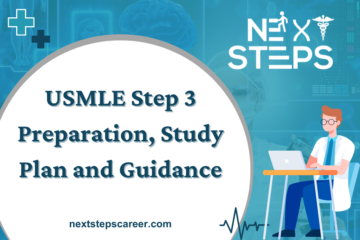Introduction
In the world of medical education, USMLE (United States Medical Licensing Examination) clinical rotations and electives play a crucial role in shaping future physicians.
These experiences provide hands-on training, exposure to various medical specialties, and an opportunity to apply classroom knowledge in real clinical settings.
In this blog post, we’ll explore what USMLE clinical rotations and electives are, why they are essential, and how they benefit medical students and graduates.
What Are USMLE Clinical Rotations and Electives?
USMLE clinical rotations and electives, also known as clerkships, refer to the structured, supervised clinical experiences that medical students and graduates undergo as part of their medical education.
These rotations typically occur during the later years of medical school and are essential for building the practical skills and knowledge necessary for becoming a licensed physician.
Key Features of Clinical Rotations and Electives:
Specialty Exposure: Clinical rotations and electives provide exposure to various medical specialties, including internal medicine, surgery, pediatrics, obstetrics and gynecology, psychiatry, and more.
Direct Patient Care: Participants in these programs have the opportunity to interact directly with patients, conducting physical examinations, obtaining medical histories, and assisting in diagnostic and treatment procedures.
Supervision: Clinical rotations and electives are conducted under the guidance and supervision of experienced healthcare professionals, including attending physicians, residents, and nurses.
Hands-On Learning: These experiences involve real patient care, allowing students to apply their theoretical knowledge in a practical setting.
Why Are Clinical Rotations and Electives Essential?
Practical Application: Clinical rotations and electives bridge the gap between classroom learning and real-world patient care. They allow students to apply their knowledge in a clinical setting, reinforcing their understanding of medical concepts.
Skill Development: These experiences help students develop essential clinical skills, including communication, patient interaction, physical examination, and medical procedures.
Exposure to Specialties: Clinical rotations and electives expose students to various medical specialties, helping them discover their interests and future career paths.
Networking: Rotations and electives provide opportunities to network with healthcare professionals, which can be valuable for future career development.
Residency Preparation: Many USMLE clinical rotations and electives are designed to help students prepare for their residency applications and provide the foundation for success in the residency match.
How to Choose Clinical Rotations and Electives
Selecting the right clinical rotations and electives is crucial for your medical education. Here are some steps to consider:
Align with Career Goals: Choose rotations and electives that align with your future career goals and interests. This can help you build a strong foundation for your chosen specialty.
Research Programs: Explore different medical schools and hospitals offering these programs. Look for reputable institutions with experienced faculty.
Check Accreditation: Ensure that the program is accredited, which can be important for your CV and future applications.
Seek Recommendations: Consult with mentors, advisors, and fellow students to get recommendations for high-quality programs.
Apply Early: Clinical rotations and electives can be competitive, so apply well in advance of your desired start date.
Conclusion
USMLE clinical rotations and electives are invaluable components of medical education. They provide hands-on learning, specialty exposure, and the practical experience necessary for future physicians.
By carefully choosing your rotations and electives, you can build a strong foundation for your medical career and enhance your prospects in the competitive world of healthcare.
These experiences are not only essential for your education but also for becoming a well-rounded and competent medical professional.





